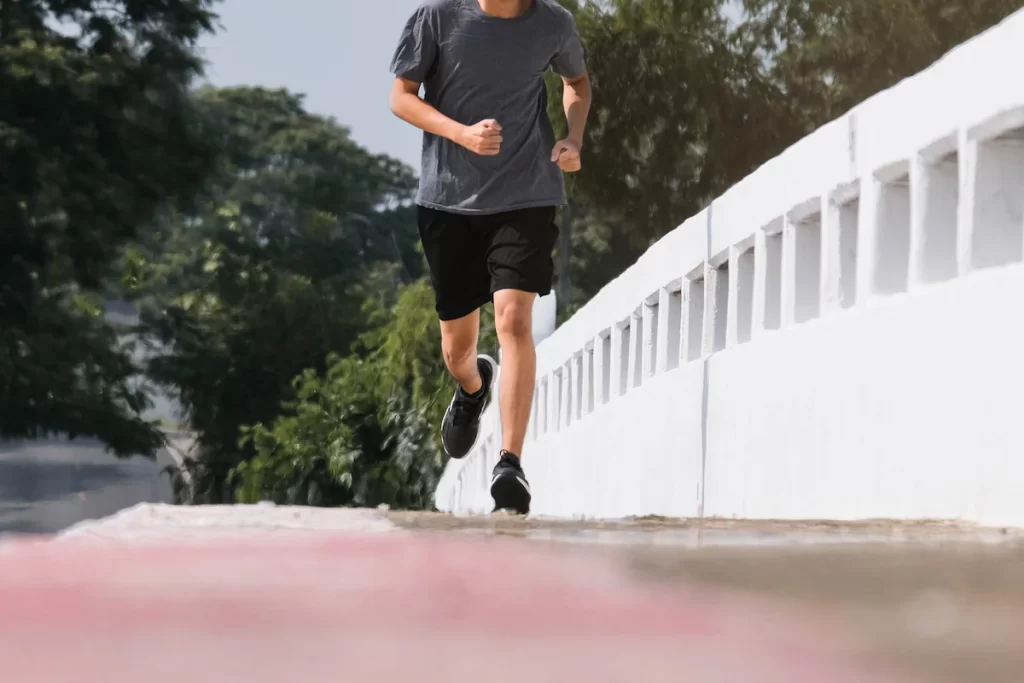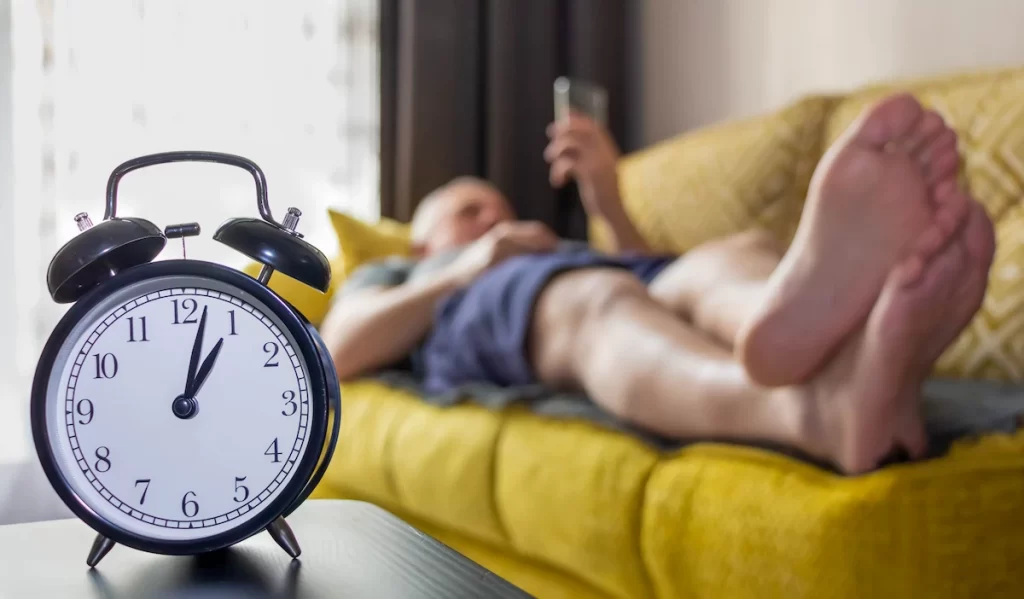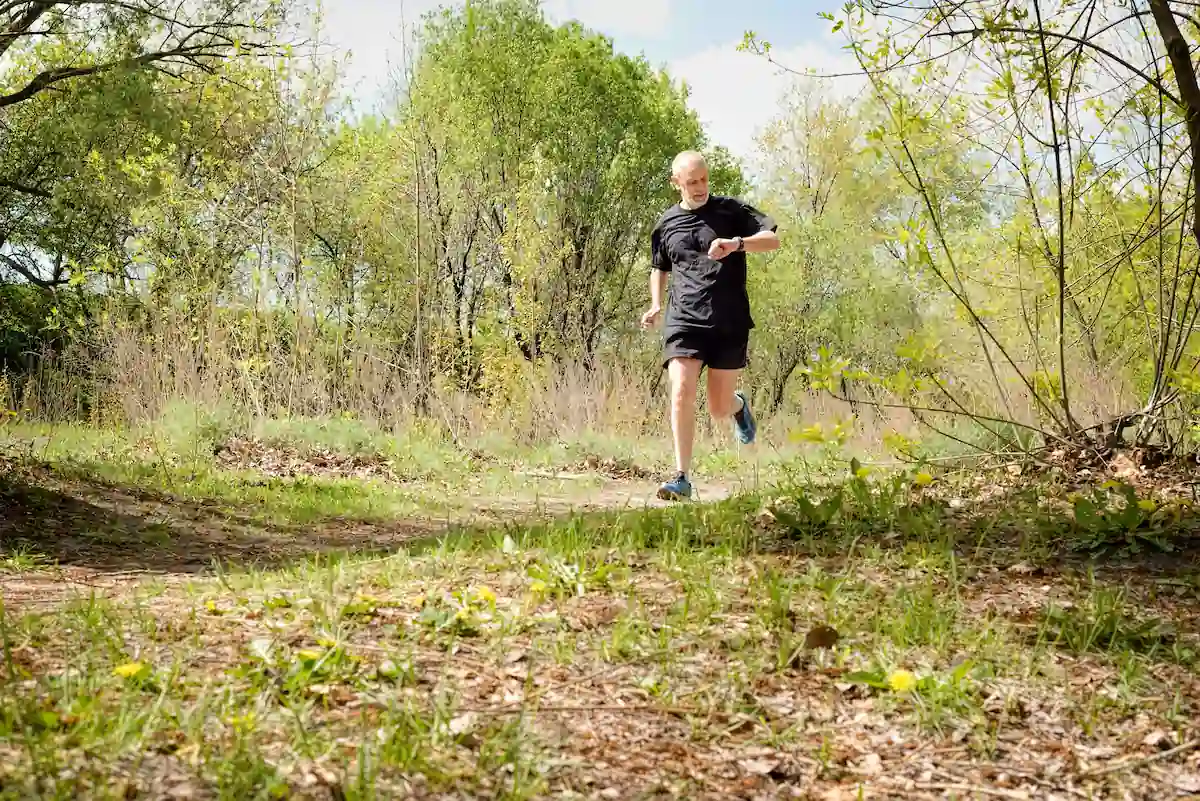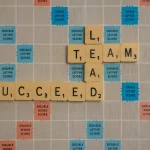Tips on self-care, work-life balance and being well
Yesterday morning, at 5am, I went out and ran 10kms in 62min, which I was pretty pleased with. But today my legs are aching badly and I can barely manage a brisk walk.
Am I crazy?
Probably, but then at least I know I am alive and at my age, 74, that is something to be grateful for.
In two week’s time, I will line up for a mini-marathon in Chiang Mai along with several hundred others. I’ll be one of the few Westerners there and possibly the oldest runner. I won’t be getting a trophy, but then just by finishing the race I’ll be a winner in my own mind.
So my legs ache but my mind is strong. In pushing my body and achieving my personal target, I feel good about myself. If you too have ever done a mini-marathon or similar event, then you’ll know exactly what I mean when I say the brain is the most important muscle in the body.
Each of us is intensely involved in the most complex relationship of our life — our relationship with our self. Countless people will come into our life and out of it again, but no one will replace us. We have to live with our self to the very last day. All of those conversations with ourselves take place in our mind. So it is important that our mind is healthy even if our body is suffering.
I started running for fun over 40 years ago. I’ve had many achievements over those four decades, but I consider my running to be one of the biggest, if not the most important.
Why?
Because running, or cycling, or weight-training, or simply brisk walking, has conditioned my mind, helped shape my brain.
All this physical exercise has not simply been about optimising my physical condition, it has helped me overcome boredom, tiredness, lethargy, melancholy, anxiety, insecurity and self-defeatism. Sure, there have been days when I’ve been physically exhausted, laid up through injury, imagining I would never run again, but here I am today, still running, still alive. I am no longer capable of running 10km in under 35 minutes, but at least I am still capable of running.

This is one of the tricks of successful aging — coming to terms with one’s reducing physical capacity while not allowing it to overwhelm one’s mental well-being; accepting the inevitable physical decline while becoming mentally stronger. So, physically I am a lot weaker than 40 years ago, but mentally I am way stronger.
Being the optimist I am, along with the high level of determination I am blessed with, only makes me feel more saddened, therefore, when I read of the increasing numbers of Asian young men and women finding life too hard to cope with. They are not out there running, or doing anything very positive to strengthen their mind, they are simply quitting.
Lying Flat
In China, this trend for those born in the 1990s and 2000s to ‘no longer strive for their futures’, started in 2021, during Covid lock-downs. What began as a social quirk among Gen Z Chinese, has fast become a ‘movement’ and it is termed ‘lying flat’.
These young Chinese are opting out; not getting married, not having children, not looking to buy a home, not following the traditional values of hard work and career progression pushed on them by their parents or indeed the Chinese government.
If they have any aspiration at all, it is to become passive in the face of relentless economic and social pressures. In short, they are trying to stay well, protect themselves from a ridiculously stressful lifestyle. And they may be right to do so. Unfortunately, they still need a home, food, income. And they’ll get older. It is one thing to ‘lay flat’ out of choice at the age of 25, an entirely different thing to have to lay flat out of incapacity at the age of 75. What you don’t want in your old age is to be bed-ridden, poor, and lonely. But what you do in your 20s and 30s will inevitably impact your quality of life in your 70s and 80s.
The ‘lying-flat’ movement is no longer confined to China. It is spreading across Asia.
The latest country to see this movement emerge is Vietnam. The cause of discontent among Vietnamese youth is the same as in China; displeasure over stagnant wages, high cost of living; near impossibility of ever owning a home; strenuous work conditions, ridiculous pressure to pass exams and go to the ‘best university’. As in China, ordinary Vietnamese young workers, even school children, are increasingly asking themselves ‘is it worth it?’
And their answer is ‘no, it’s not’.

In Japan, the term used to describe these social drop-outs is ‘hikikomori’ and its been a syndrome of Japanese youth culture for at least two decades.
There are estimated to be in excess of 1.5 million Japanese adolescents and young adults now effectively recluses in their parent’s homes, unable or unwilling to go to school or to work for months or years on end. We are seeing more hikikomori across Asia — it has gotten so bad in South Korea (estimated to be 3% of the 19–39 age group and rising) that the government is now paying these young recluses to leave home.
Remove hope from the younger generation and what are they left with?
Not much.
It is hope which drives society, civilisation, community and builds families. How much hope do young Asian’s have? I’ve no idea, but clearly it is in decline in many parts of the region, if not the world.
One indicator is the decline in the global birth-rate. Nothing speaks of hope more than having children, it is the ultimate statement of hope for a better tomorrow.
Hope also drives mental well-being. If I am hopeful I am likely optimistic in which case it is worth my while to make the effort because I can see at least the possibility of success. I have my target and just reaching for it brings about a rise in my sense of confidence, self-worth, self-actualisation, determination.
This is ‘Totally Inclusive Self-Love’ * in action and it starts with a desire to improve myself, overcome constraints, achieve. It doesn’t matter if I don’t achieve what others do, what matters is that I try. I must make the effort. Why? Because I believe I am worth it. All the biggest and most vital contests in our life are with our selves.
Unless I feel positive about myself, have a healthy relationship with my self, then there is not much chance of me achieving a healthy mental state nor a healthy work-life balance.
Lying flat or going into hermit-like reclusiveness may well remove me from society and its many pressures, but I still have to live with my self. Which won’t be easy because there is no feel-good factor in lying flat or retreating to my bedroom for years on end. And, anyway, society is not going away. It remains around me and I remain a part of it, even while shut away in my bedroom.
This may all read like I am criticising these Asian adolescents and young adults for refusing to join in the relentless rat-race created by their society. Actually, I quite admire them for exercising passive resistance to pressures which are quite ridiculous and damaging. But at the same I am offering a warning. My warning is that if they continue along this path then age will quickly render them less physically capable, less employable, and less mentally strong. They must, therefore, find the right work-life balance, care for themselves, and enhance their mental well-being.
How to do this? Well, actually it is not that difficult. These are my tips — I’ve divided them into the PHYSICAL; SOCIAL; WORK; MENTAL; TARGETING.
1. PHYSICAL
Your body most definitely does not want you to be idle it wants you to be active, in fact it needs you to be active.
Sure, no need to run a marathon but you must keep physically fit otherwise by the time you get to my age you’ll be either decrepit or dead.
The cheapest and easiest way is simply walking. Just get outside your front door and start. Best time for this in Asia is between 4.30am to 7.30am, or 5.30pm to 8.00pm. Literally millions of Asians are outdoors every day exercising, I know because for 20 years I’ve joined them. It’s one of the best Asian traditions and its open to everyone; walk, run, jog, dance, cycle, ideally add in a little Tai Chi, yoga or easy stretching.
As one famous sports shoe brand puts it; ‘Just Do It’.
2. SOCIAL
Humans are not meant to be socially isolated for long periods; it is mentally damaging to us. We need association, communication, a sense of belonging, in order to thrive.
Asians especially need this — the communality of Asian culture is one of its biggest strengths. So by all means lay flat if you want to, just don’t totally cut yourself off from society, your friends, your family, your loved ones.
How you communicate with others is up to you. It can be online, face-to-face, or both, but whatever way suits you do stay connected — for your mental health’s sake.
3. WORK
Yes, paid work can be a bummer, especially if you find yourself working for a brutal boss, but it can also be the key to a quality lifestyle.
Work also brings about massive mental health benefits — it gives us a fantastic boost to our sense of self-worth, self-esteem, self-confidence and life knowledge. Don’t surrender your whole life to any organisation or job and don’t work for anyone who treats you like a slave, but do be prepared to make an effort, to learn, to advance yourself. Work stress is inevitable at points in your life and indeed stress is an essential element of personal and professional development.
So, don’t seek a completely stress-free life just ensure that you balance that work with leisure time — free time to be yourself, do your own thing in your own way. As a general rule of thumb, for every hour you spend at work or in full-time education, you should have 30 minutes ‘me time’.
4. MENTAL
One of the best mental health activities I have learned from Asians is mediation. I started meditating 20 years ago and have continued more or less on a daily basis ever since. Sometimes it is short — say only five minutes, other times it might go on for an hour. I love it. And once you get into the routine, so will you.
The Dalai Lama claims that the best form of meditation is sleep. And I agree with him. I love my sleep — I like eight hours at night plus a 45 minutes doze in the early afternoon or around lunchtime. It helps me recover from my physical exercises and my mental efforts. Without adequate sleep your mental health with certainly deteriorate. Everyone must switch off and sleep is nature’s way of ensuring we do so.
The beautiful thing about meditation is that you stay awake and aware while doing it. I have meditated on mountains, beaches, my office and in airport departure lounges. One can even meditate while running — just focus on the breathing.

5. TARGETING
We live in a world ruled by expectations, by targets, by pressures to conform to roles. All this is rather inevitable but at the same time, if you allow your life to be held in submission to someone else’s expectations and targets then you are guaranteed to be miserable if not depressed and highly stressed out. Targets of achievement imposed on you by someone else (especially loved ones and parents) are the worst kind and the most dangerous.
One of my life lessons is to certainly have targets but set your own. This can be tricky, especially for school children and young adolescents, but very worthwhile. At the same time, be ambitious, don’t underestimate yourself, and never give up. It is not the achievement of the target that matters so much as making the effort.
Just ensure it is your effort, your achievement.
Do it for you.
A final thought…
You cannot change society but you can change yourself. Don’t give up your life or give up your hope for a good life. It is all in your hands, your future is in your hands.
Take control of it.
Don’t allow others to determine your life or your future. Treat yourself as the most precious thing in your life — because you are. You are worthy of love so love yourself without reserve, unconditionally, and always.
Do this and everything else will follow.
ACADEMIC ARTICLES BY STEPHEN
Refereed Journal Articles
Whitehead, S. (1997)
‘Men/Managers and the Shifting Discourses of Post-Compulsory Education’. Research in Post-Compulsory Education, 1:2.
Whitehead, S. (1998)
‘Disrupted Selves: Resistance and Identity Work in the Managerial Arena’. Gender and Education, 10:2.
Kerfoot, D. and Whitehead, S. (1998)
‘’Boys Own’ Stuff: Masculinity and the Management of Further Education’. The Sociological Review, 46:3.
Whitehead, S. (1999)
‘From Paternalism to Entrepreneuralism: The Experience of Men Managers in UK Postcompulsory Education’. Discourse: Studies in the Cultural Politics of Education, 20:1.
Kerfoot, D. and Whitehead, S. (2000)
‘Keeping All the Balls In the Air: FE and the Masculine/Managerial Subject’. Journal of Further and Higher Education, 24:2.
Goddard-Patel, P. and Whitehead, S. (2000))
‘Examining the Crisis of Further Education: An analysis of “failing” colleges and failing policies’. Policy Studies, 21:3.
Whitehead, S. (2001)
‘Woman as Manager: A Seductive Ontology’. Gender, Work and Organization, 8:1.
Whitehead, S. (2001)
‘The Invisible Gendered Subject: Men in Education Management’. Journal of Gender Studies, 10:1.
Goddard-Patel, P. and Whitehead, S. (2002) ‘The Mechanics of ‘Failure’ in Further Education: The Case of Bilston Community College’. Policy Studies, 22:3/4.
Whitehead, S. (2005) ‘Performativity Culture and the Further Education Professional’. International Journal of Management in Education, 19:3.
Whitehead, S. (2008) ‘Metrosexuality! Cameron, Brown and the politics of ‘new masculinity’, Public Policy Research, 14:4.
Sanderson, R and Whitehead, S (2015) ‘The Gendered International School: Barriers to women managers’ progression’. Journal Education + Training.
Review Articles
Whitehead, S. (1997)
‘Class Inequality Revisited’. Reviewing Sociology, 10:2.
Whitehead, S. (1999)
‘Hegemonic Masculinity Revisited’. Gender, Work and Organization, 6:1.
Whitehead, S. (2000)
‘Masculinity: Shutting Out the Nasty Bits’ Gender, Work and Organization. 7:2.
Whitehead, S. (2000)
‘Postmodernism in Education Theory’, British Journal of Educational Studies. 48:3.
Whitehead, S. (2000)
‘Masculinities, Race and Nationhood – Critical Connections’. Gender and History. 12:2
Guest Editing (Journal Special Issues)
Kerfoot, D., Prichard, C. and Whitehead, S. (2000)
‘(En)Gendering Management: Work, Organisation and Further Education’. Journal of Further and Higher Education. 24:2.




